-
Alodia Gabre-Kidan, MD MPH

- Clerkship Director, Surgery, Johns Hopkins School of Medicine
- Assistant Professor of Surgery
-
Peter A. Najjar, MD MBA
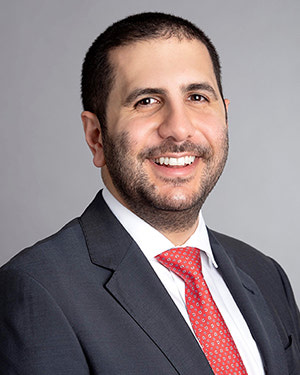
- Vice President of Clinical Innovation, Johns Hopkins Health System
- Assistant Professor of Surgery
-
Vincent Obias, MD MS

- Chief of Colorectal Surgery in the National Capital Region
- Professor (PAR) of Clinical Surgery
Comprehensive Surgical Treatment for All Anal, Colon and Rectal Conditions
The Johns Hopkins Colorectal Surgery Division provides comprehensive treatment for all anal, colon and rectal diseases. We collaborate with health practitioners across different specialties to provide you the best care.
Our research at the Johns Hopkins Colorectal Cancer Research Center of Excellence focuses on early diagnosis in younger adults, helping detect, treat and manage colorectal cancer for better patient outcomes.
-
Conditions We Treat
We provide treatment for all anal, colon and rectal diseases. Learn more about the conditions we treat.
-
Our Treatments
Learn more about the advanced and minimally invasive surgical treatments we provide patients.
-
Meet Our Experts
Meet our world-renowned colorectal surgeons and care team at Johns Hopkins.
Schedule an Appointment
Schedule by phone
Schedule online through MyChart

Why Choose Johns Hopkins for Colorectal Surgery?
Multidisciplinary Care

Treatment for All Anal, Colon and Rectal Conditions

Convenient and Accessible Care

Our Advanced Surgical Treatments
Your physician will talk with you about the best treatment option for your condition. We provide the following surgical treatments for colorectal cancer and diseases:
-
Our colorectal surgeons at Johns Hopkins continue to lead innovation in surgical advancements aimed at colon and rectal cancer therapies.
What is the 5x5 protocol?
The 5x5 protocol administers 5 grays (Gy) of radiation for five days, for a total of 25 Gy, in combination with full-dose chemotherapy for advanced rectal cancer. As a result, patients receive a more consolidated dose of chemotherapy and radiation therapy prior to surgery. This systemic approach is a break from the more conventional method of delivering radiation over a longer, five-week period.
Advantages of the 5x5 protocol
- A shorter, more aggressive approach to rectal cancer treatment
- Ability to deliver chemotherapy prior to surgery
- More convenient for patients
The future of the 5x5 protocol
Johns Hopkins researchers will soon publish the results from a 5x5 protocol study and the outcomes of 30 to 40 patients who have undergone this procedure, nationally.
Your surgeon will work with you to determine the best treatment plan based on your diagnosis and circumstance.
-
Cytoreductive surgery (CRS), also known as tumor debulking, and hyperthermic intraperitoneal chemotherapy (HIPEC) involve the surgical removal of the tumor, followed by delivering heated chemotherapy drugs into the abdomen.
This surgical technique provides more treatment options for patients diagnosed with late-stage cancers. -
We provide several minimally invasive surgical techniques, which can reduce the risk of infection, pain and shorten your recovery time. One minimally invasive technique we practice is laparoendoscopic surgery, which can remove failing organs through one small incision through the skin.
Learn more about minimally invasive surgery and laparoscopic surgery. -
We offer robotic-assisted surgery, which allows surgeons to perform less invasive and more precise surgical procedures through the use of a console that controls the surgeon's movements.
-
Transanal endoscopic microsurgery (TEM) allows surgeons to remove a polyp or superficial lesion through the anus, without making an incision.
Learn more about transanal endoscopic surgery.
Welcome to Our New Division Chief
About John Migaly
Dr. Migaly is a distinguished colorectal surgeon, specializing in the treatment of colorectal cancer, inflammatory bowel disease and other benign and complex colorectal conditions. He is committed to providing advanced, patient-centered care, often using minimally invasive techniques including laparoscopic and robotic surgery, to help reduce recovery time and improve outcomes.
His career has been marked not only by a complex and high-volume clinical colon and rectal surgery practice, but also a commitment to research and education. His research is centered on improving practice patterns and outcomes in colorectal cancer care and recovery.

Colon Cancer in Young People | Q&A
Dr. Alodia Gabre-Kidan discusses the recent rise in young patients with colorectal cancer, the multidisciplinary team at the Johns Hopkins Colorectal Cancer Research Center of Excellence and its coordinated approach to patient care.
Gary Waymire's Story | Colorectal Cancer
After a large polyp was discovered in Gary Waymire's rectum following a routine colonoscopy, he sought a second opinion at The Johns Hopkins Hospital. Our team used a series of aggressive and innovative surgical procedures as part of Gary’s treatment.
Fecal Incontinence: Causes, Risk Factors and Treatments
Colon and rectal surgeon Susan Gearhart discusses the causes, risk factors and treatment options available for individuals diagnosed with fecal incontinence, including Johns Hopkins’ multidisciplinary team approach to administering care.







Locations for Care
-
Johns Hopkins Howard County Medical Center
5755 Cedar Lane
Columbia, MD 21044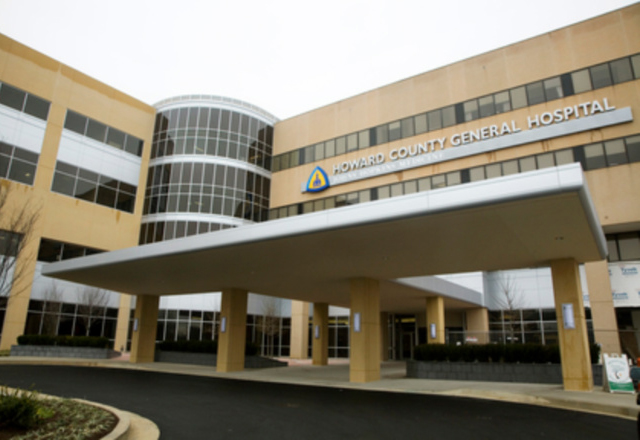
-
Johns Hopkins Bayview Medical Center
4940 Eastern Ave.
Baltimore, MD 21224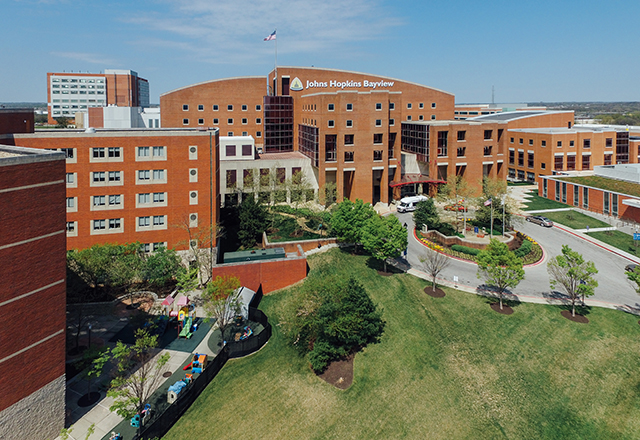
-
Johns Hopkins Health Care & Surgery Center at Green Spring Station, Lutherville
10755 Falls Road
Lutherville, MD 21093
-
Johns Hopkins Surgery at Sibley Memorial Hospital
5215 Loughboro Road N.W., Suite 210
Washington, DC 20016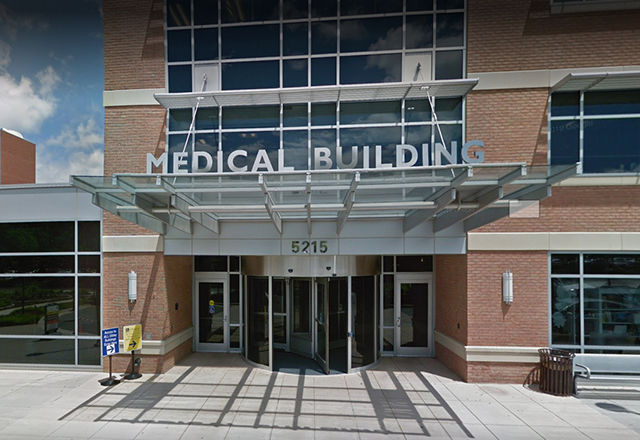
-
The Johns Hopkins Hospital
1800 Orleans St.
Baltimore, MD 21287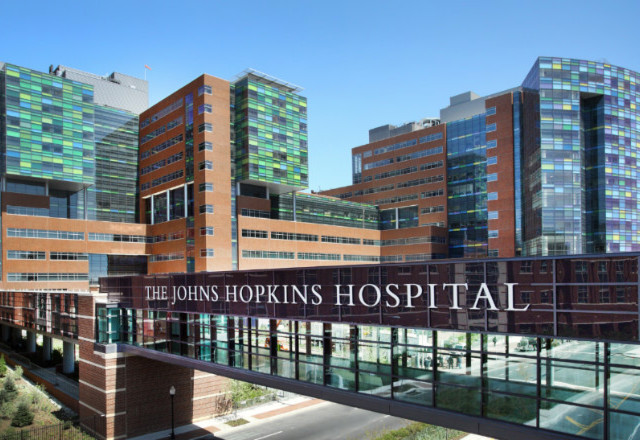
-
Camalier Building
10215 Fernwood Road
Suite 630
Bethesda, MD 20817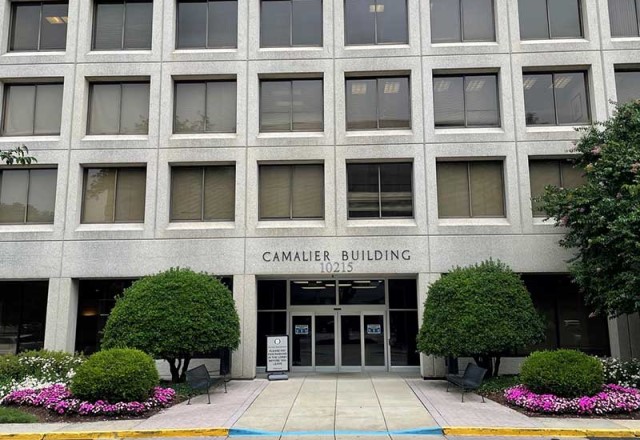
-
Johns Hopkins Medicine — Arlington, Va.
4102 Wilson Blvd.
Arlington, VA 22203











